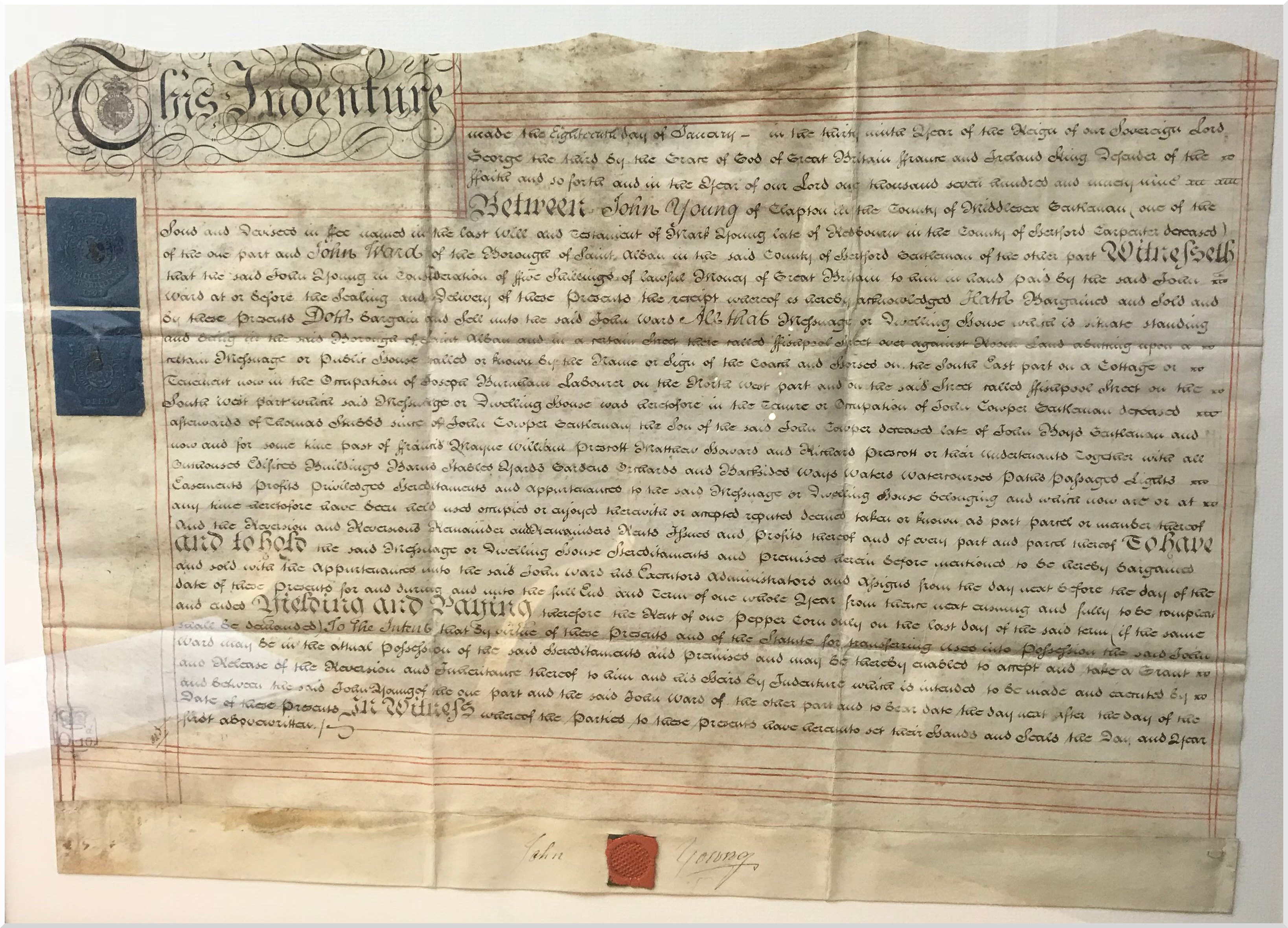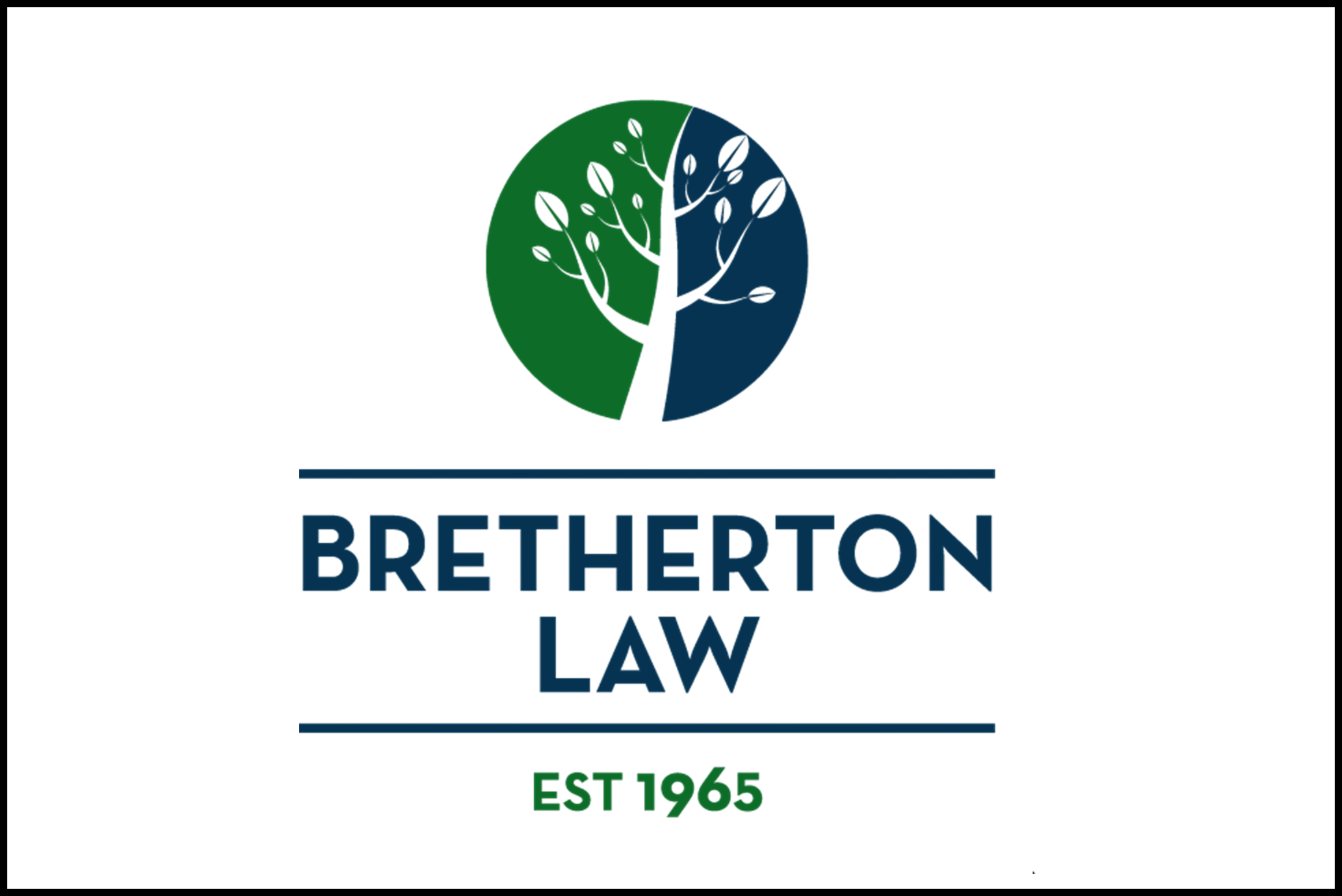If you want to ensure that all you own continues to benefit the people that you love and the charities that you support, it is essential to make a will.
Making a will need not be complicated. To help you get started we have created ‘Five questions to ask yourself before you make a will’. This article is not legal advice but will help you take the first steps to making a will.
If you would prefer face to face advice we do offer a free 20 minute consultation on Wednesday afternoons. Please call us to arrange your free appointment or book online.
This article is not intended to give you legal advice but will help you to pinpoint issues to consider when making your will.
- What do you own?
Think about property, money in banks, building societies and investments, pensions and death in service benefits, business assets, personal possessions like your car and jewellery and anything that you own abroad or jointly with somebody else. What is the approximate value of these items? Do you have a mortgage or any other debts? This information will help your solicitor advise you on inheritance tax.
- Who are your beneficiaries?
Who do you want to give your assets to? Try to think about shares or percentages of your estate rather than sums of money as you do not know what your estate will be worth when you pass away. Do you want to include any gifts to charity or any specific legacies such as a gift of premium bonds?
- Who will be your Executors and Guardians?
You must appoint up to four Executors to administer your estate and ensure your wishes are carried out. These should be people you know and trust. Often the Executors are also beneficiaries but they can be solicitors or accountants. If you have children under 18, you should appoint legal guardians to look after them in the event of your death.
- Do you need a Trust?
If any of your beneficiaries are under 18 when you die, their inheritance will be held on trust by your Executors. Do you think 18 is too young? You can state that the trust continues until they are 21 or 25. Trusts can also be used to protect vulnerable beneficiaries (for example, a disabled child) or to protect against nursing home fees.
- Do you want to consider Advance Planning?
Think about making an Advance Decision (often called a living will) which sets out medical treatment you wish to refuse if you are seriously ill. Consider making a Lasting Power of Attorney to appoint people you know and trust to manage your finances and your health and welfare if you become unable to look after your own affairs in the future.






